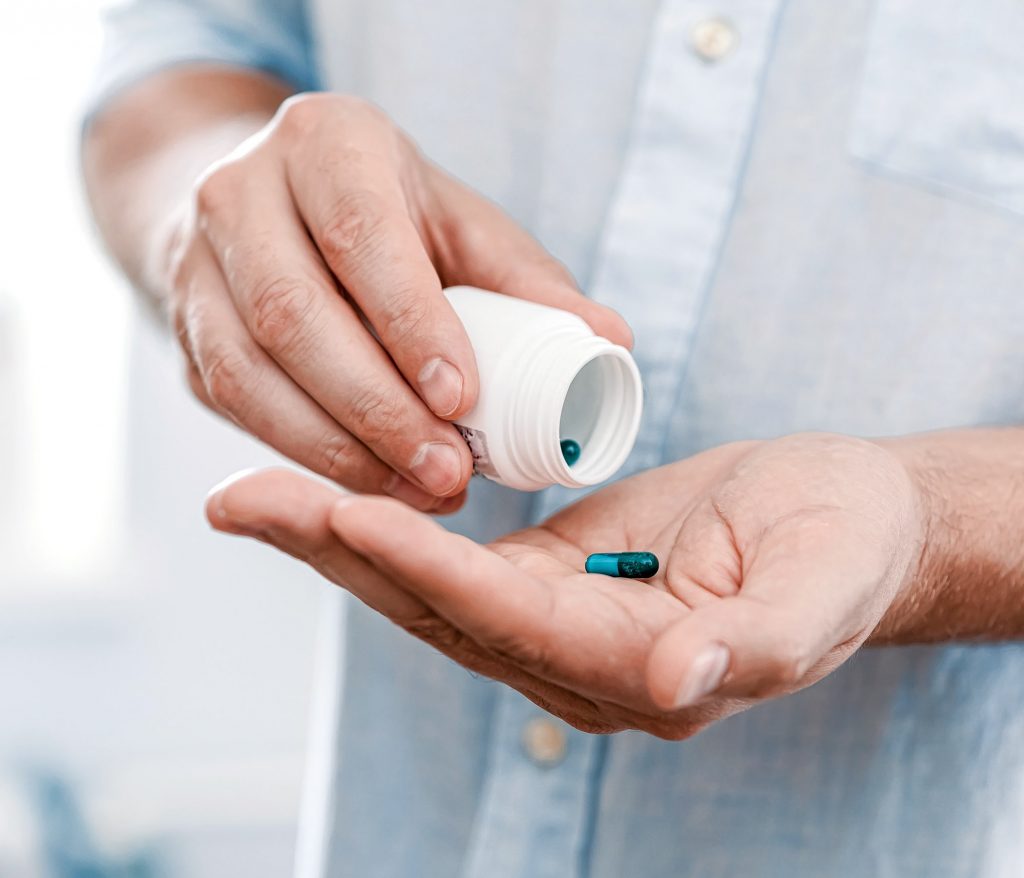

Happy 4th of July
All MD Now urgent care locations will be open on July 4th
from 8:00 a.m. to 5:00 p.m. Have a safe holiday!

All MD Now urgent care locations will be open on July 4th
from 8:00 a.m. to 5:00 p.m. Have a safe holiday!

Antibiotics are used to treat infections caused by bacteria. They work by either killing the bacteria or by preventing the bacteria from growing or multiplying. Antibiotics are not effective in treating viral infections, which includes colds, influenza, most runny noses, coughs, and bronchitis. Examples of antibiotics include penicillin, cefalexin, tetracycline, gentamicin, azithromycin, clindamycin, ciprofloxacin, and co-trimoxazole.
There are many different classes or groups of antibiotics. Each type of antibiotic works in a different way and is effective against different types of bacteria. In determining the best antibiotic for your infection, your MD Now provider will consider the most likely type of bacteria involved, the action of the antibiotic, as well as the most effective way to administer the antibiotic. You should never take antibiotics prescribed for another person since they may not be appropriate for your infection. It is also important to take all of the antibiotics prescribed even if you feel better. Failing to take the entire course of antibiotics may allow some of the bacteria to survive and become resistant to the antibiotic that you were taking.
The overuse of antibiotics in humans and livestock has led to the emergence of new strains of bacteria that are resistant to many of the most common antibiotics. In response, the World Health Organization has created a list of strong antibiotics that should only be used in severe circumstances where all other alternatives have failed. WHO’s list of strong antibiotics includes third- and fourth-generation cephalosporins and Colistin.
Although antibiotics are generally well tolerated by most patients, they can cause some side effects. The most common side effects of antibiotics include:
Although rare, the more serious side effects of antibiotics include severe allergic reactions and a decrease in white blood cells or platelets, which can lead to increased infections or impaired blood clotting. These side effects are most common with beta-lactams and sulfamethoxazole.
Your MD Now provider can help you manage many of the side effects of antibiotics. Before taking an antibiotic tablet, you should ask your provider the following questions:
Our bodies are comprised primarily of water. Our level of hydration affects how virtually all of our body systems function. For example, the fluids we drink help remove wastes products from our body through urination and regulate our body temperature, blood pressure, and heart rate.
A lot of beverages have added electrolytes or other ingredients that they claim make them the best hydration drink. While electrolytes are important for nerve and muscle function, you generally do not need a drink with added electrolytes unless you are engaging in strenuous physical activity or are severely dehydrated or perspiring heavily. When looking for the best hydration drink for your situation, you should generally avoid beverages containing alcohol or caffeine and fruit juice, since these drinks may cause stomach upset and promote dehydration by pulling water away from the body tissue.
In most cases, water is the best hydration drink for preventing dehydration. If you need a little extra flavor, you can always add some fresh mint, lemon, lime, or cucumber.
Severe dehydration can be life threatening. You should head to your nearest MD Now location if you experience any of the following:
The content provided on the MD Now website is for informational purposes only and is not intended to be a substitute for receiving medical care and treatment from a qualified healthcare provider. Never delay seeking advice, evaluation, and treatment from a medical professional because of what you’ve read on this site, since the information provided may not apply to you or your symptoms.
Online check-ins are a great way to let us know you are on your way. We will do our best to see you at your check in time, but patients with more emergent needs will require immediate treatment.